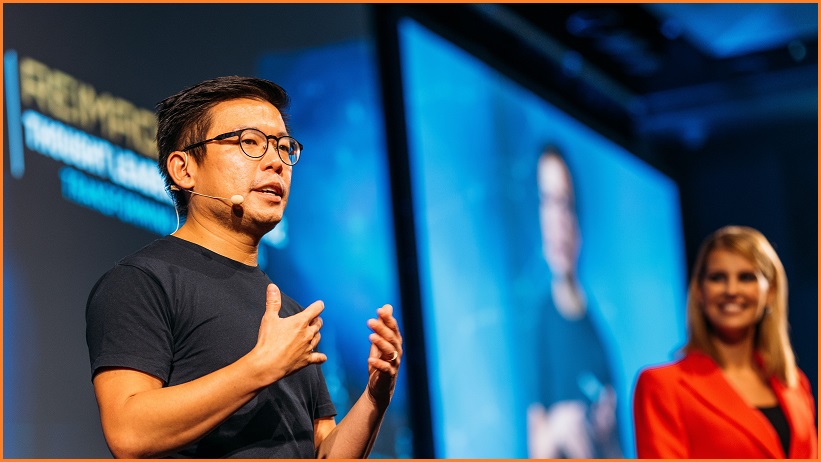Australia needs to become a destination for IT professionals if it is to compete on the world stage, the CEO of ASX-listed tech company Airtasker has warned.
Speaking with Information Age backstage at the ACS Reimagination Thought Leaders’ Summit 2022, CEO and co-founder of Airtasker Tim Fung said there ought to be a push to have technologists around the world see Australia as a premier place to work.
“If you think about Silicon Valley or even Tel Aviv in Israel, they talk themselves up as places you want to go if you have IT skills,” he said.
“They’re making it attractive by saying it’s easy to work there, they’ve got smart people to learn from.
“Australia ultimately needs to do that and then make it easier for us to import that kind of talent.”
Fung co-founded Airtasker as an online marketplace for matching skilled labour with people who need various tasks done back in 2012.
Last March he successfully floated the company on the ASX, showing the ability for Australian tech platforms to reach the public market and find a new swathe of investors.
The Australian and New Zealand startup sector boomed last year as investors poured capital into high growth companies to the tune of $10 billion in the hopes they could latch onto the next company that, like Airtasker, goes public or is bought by a bigger fish.
But Fung said the high level of interest in Australian startups adds a competitive squeeze on the local tech talent pool which has already been spread thin.
“Every time I see a new startup has raised $20 million, I do the maths and assume a two-year burn rate for most companies,” he said in his speech at the ACS Reimagination Thought Leaders’ Summit 2022.
“They’re raising two year’s-worth of funding at a time so a $20 million capital raise probably indicates that company is going to hiring 50 to 100 people in next year or so.”
Extrapolating that to the amount of funding going into startups – and comparing it with the supply of technology skills in Australia – helps explain the talent shortage that has been affecting industries across the economy, and the subsequent wage growth, he said.
ACS’ Digital Pulse Report 2021 estimated the Australian economy needs another 60,000 technology workers each year if it is to keep up with high demand.
Unfortunately, the yearly cohort of IT-related university graduates is only around 7,000-strong meaning there is sizeable gap demand when it comes to technology talent.
While Fung recognises university training programs are an important part of building the next generation of Australian IT professionals, he thinks there is a lot of value to be gained by encouraging international workers to our shores.
“It is going to be a massive, massive long-term net positive if we can bring in people with these skills because they then go and train other people in the industry,” he told Information Age.
Experience with writing code and managing projects for massively successful technology companies like Google is invaluable in this respect, according to Fung, and points to the importance of importing people with not just a set of skills, but also a set of experiences and track record.
“I think we need to inject a whole bunch of talent into Australia, especially across software engineering and product management, and that will help catalyse learning and development for other Australians,” Fung said.










